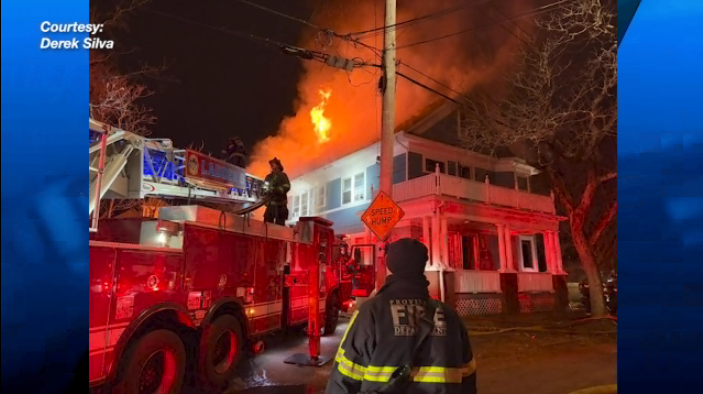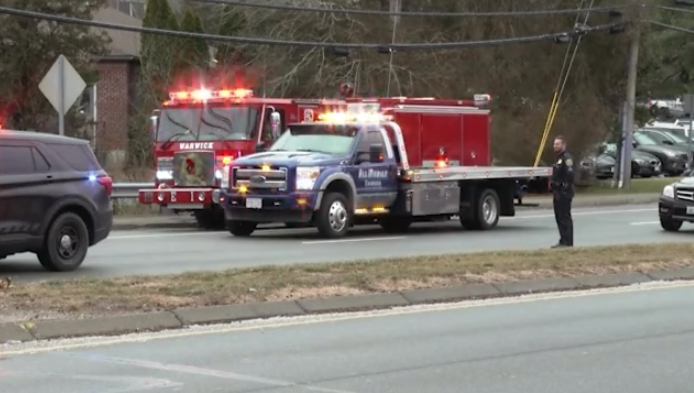“What about the health of that nurse?” Healthcare workers react to new COVID-19 guidance
The new guidance released by RIDOH over the weekend allows for exceptions to be made under "extreme staffing" situations.
PROVIDENCE, RI (WLNE) – New guidance released over the weekend from the Rhode Island Department of Health aimed at addressing a staffing crisis among healthcare workers now allows COVID-19 positive staff to continue to work if the facility is experiencing extreme staffing shortages.
The statement, released by Rhode Island Department of Health spokesperson Joseph Wendelken, says the following:
“For hospitals (all hospitals, not just Eleanor Slater), they have the ability to have workers on site who recently tested positive for COVID-19, if they are experiencing extreme staffing challenges. However, asymptomatic or mildly symptomatic workers should be considered first in these instances, and of course masks are required. Also, facility administrators should be using their clinical judgement in making staffing decisions. For example, a facility may opt for a COVID-19 positive worker to only care for COVID-19 positive patients. Facilities are required to alert RIDOH when they are in a circumstance that requires COVID-19 positive workers to be on site. Again, this is all in alignment with the new CDC guidance.”
Yet healthcare workers across the state say they don’t believe this guidance would be best for patients or staff. One ICU nurse who wished to remain anonymous, says she was shocked to see the decision. “First of all, what about the health of that nurse who should be making sure that you know, she’s taken care of? She’s getting the rest that she needs? There seems to be no regard for that,” the nurse says. “It just doesn’t really make any sense at all to me how hundreds in the state can be fired for choosing not to get a vaccination and then positive nurses can go to work.”
Jenna Swartz, a nursing student at Rhode Island College and expecting mother, agrees and worries it could be a devastating move. “Nurses don’t want to treat patients knowing that they’re sick. I know I wouldn’t want to treat somebody who’s already vulnerable, who’s already in a vulnerable position being in the hospital, knowing that I have COVID.” Swartz also expressed frustration that healthy, unvaccinated workers are unable to return to work due to vaccination status. “That doesn’t matter, because if you’re positive, you have to go to work anyway. So you’re already spreading the germ all around, and if you’re unvaccinated you’d be spreading the germ all around, but at least there would be hands to take care of people.”
ABC6 News spoke with Dr. Cameron Webb, White House Senior Policy Advisor, who says he understands the frustration of not having enough staff to keep patients alive – yet sees good reason behind the decision. “I think that those dynamics are a little bit different in somebody who has that higher level of immunologic protection, versus folks who have no protection whatsoever who are brand new to seeing this virus and really are at risk of spreading higher levels of the virus to other people. So I think that’s some of the scientific reason behind it, but I understand why nurses can be frustrated at that idea.”
While the new guidance was announced over the weekend, Wendelken did confirm that facilities would have to meet the crisis status requirement determined by the state and are required to be approved before bringing in COVID-19 positive workers. At this time, he says, there are not currently any facilities in the state that meet this guideline.



